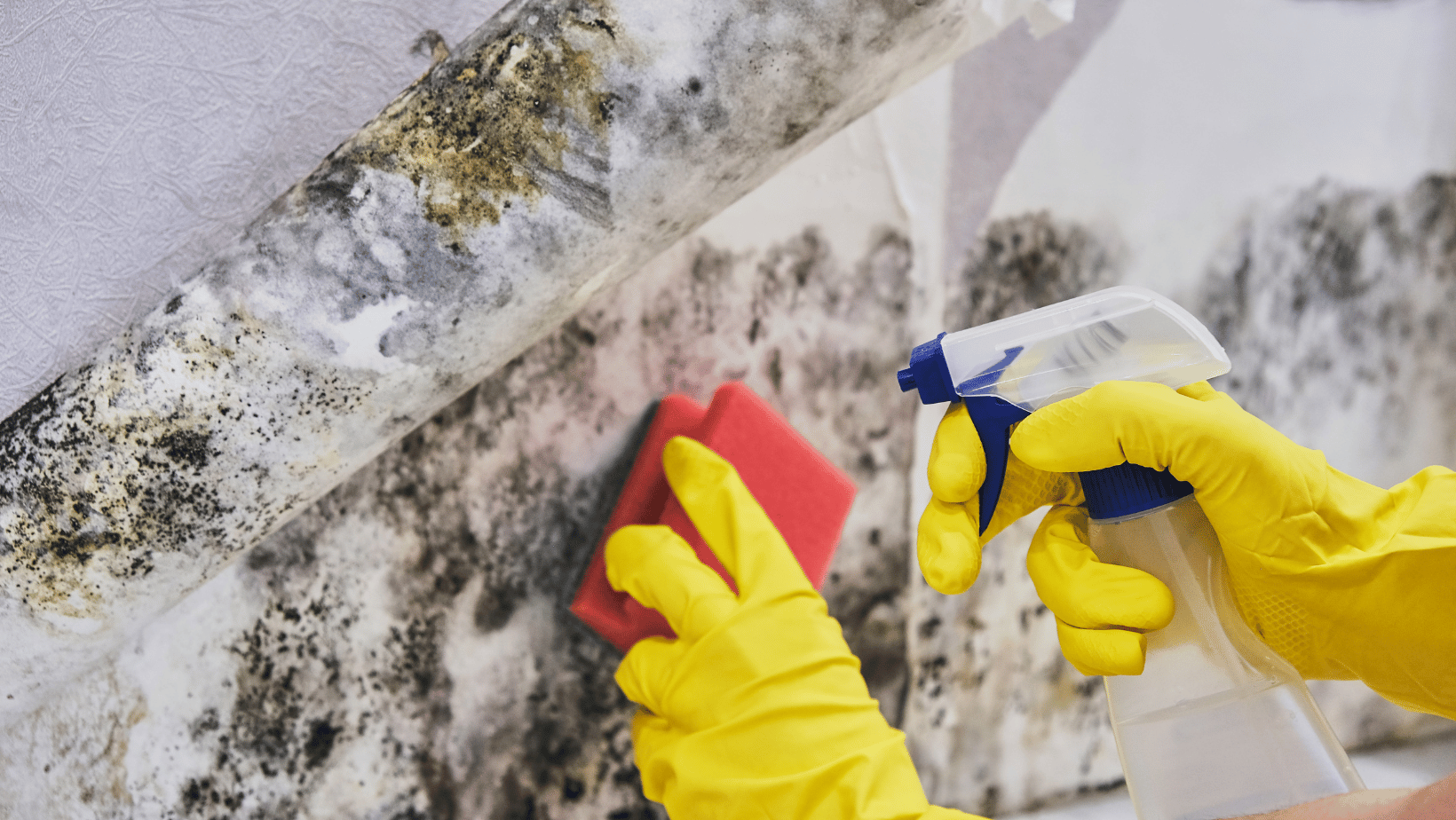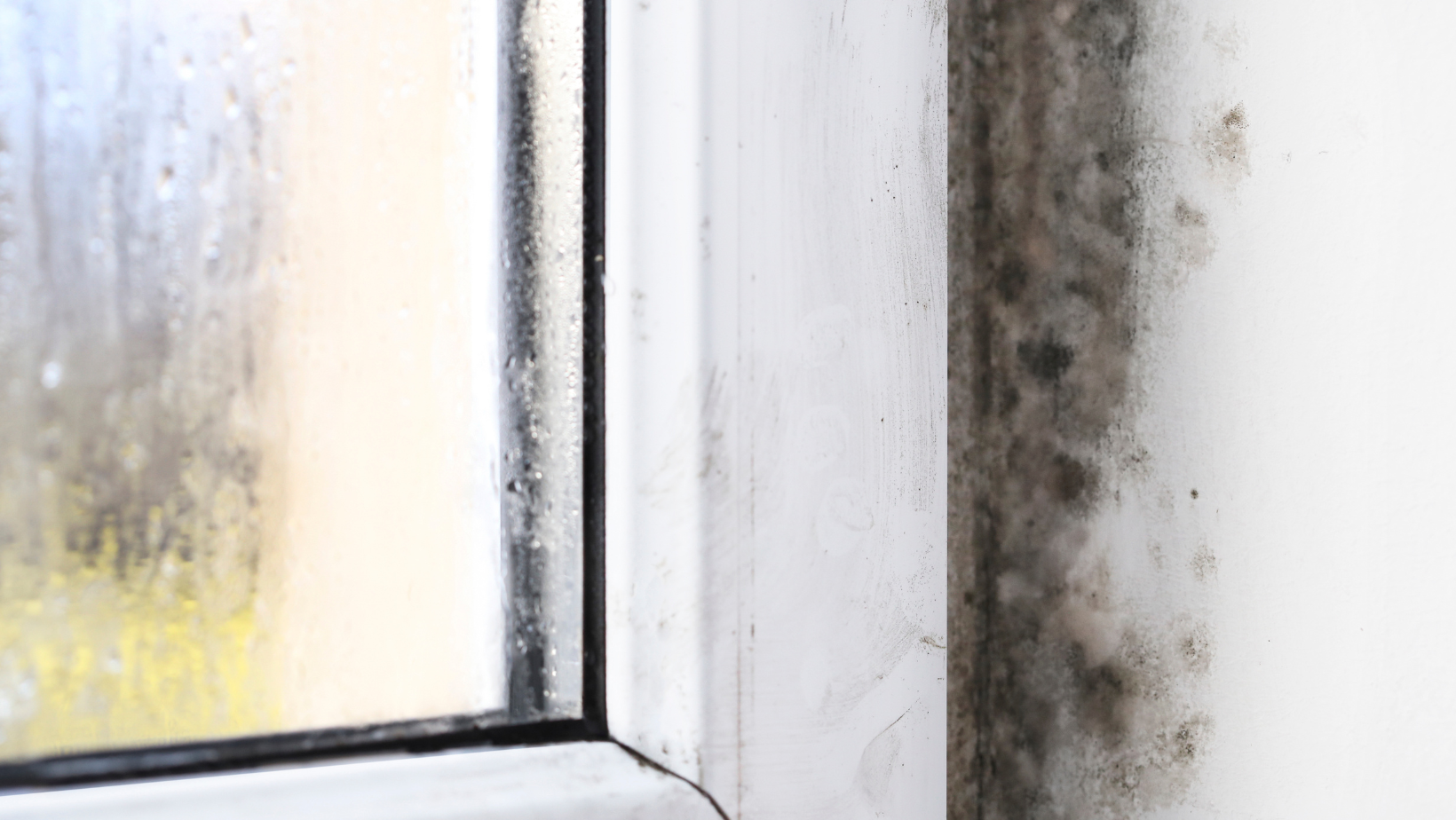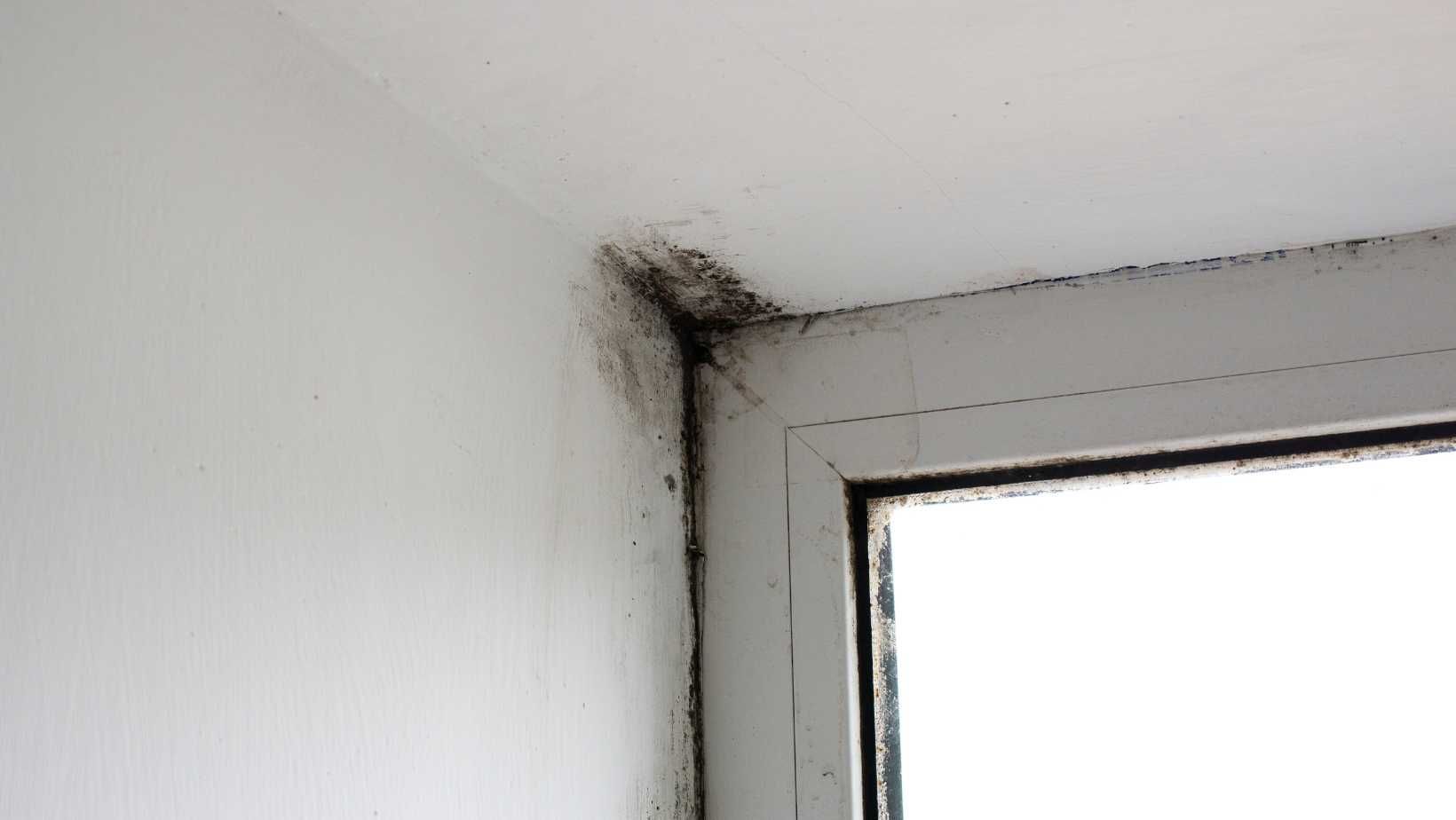Maintenance Mistakes That Cause Mold
Property Maintenance Mistakes That Can Cause Mold Growth & Damage in Louisiana Homes and Businesses
Understanding What Causes Mold & How to Effectively Prevent Indoor Mold Growth in Louisiana Buildings
Mold spores are microscopic organisms that can survive for months or even years without food. When dormant spores are introduced to a moisture source, mold can rapidly reproduce, spread, cause property damage and cause health risks. Mold and moisture problems are more common than most homeowners may realize. Aside from the obvious leak or flood, most people overlook minor dampness that may seem deceptively harmless. Don’t underestimate the damage that can be caused by even a little bit of moisture.
7 Common Maintenance Mistakes That Cause Moisture Problems and Mold Growth
Louisiana property owners need to be mindful of the indoor environment by paying attention to signs of potential moisture. Issues like humidity, slow leaks and condensation are often hidden or easily overlooked. It's possible that you're experiencing moisture problems right now and don't even know about it. Property owners often neglect to take into consideration the volume of moisture produced daily from normal activities like cooking or showering. Simply mistakes like neglecting to run the air conditioning during the summer months or waiting a little too long to fix a seemingly minor leak. For Louisiana homeowners trying to prevent mold -- these are the maintenance mistakes to avoid...
1. Underestimating humidity: You need to pay close attention to the indoor humidity and keep relative humidity levels below 50% to prevent mold growth. Humidity is not only uncomfortable, but it is also a delicious water source for mold. Louisiana homeowners often make the mistake of underestimating the damaging side effect of indoor humidity and poor ventilation. While humidity is not as glaring of an issue as say a major leak or floor, humidity can do a lot of damage with time. Without proper humidity control, ventilation and/or air circulation – warm, moist air gets trapped inside the structure and water vapors will slowly soak into porous building materials and contents, causing mold development throughout. Installing a properly rated dehumidifier in humid spaces might be helpful.
2. Turning off the AC during humid months or while away from the property: Homeowners often get into the bad habit of shutting down the air conditioning system when they leave the house or building. Whether it is an effort to reduce energy bills or to be more environmentally conscious – it can cause problems over time. If you're going to be away for an extended amount of time, it's important that your house remain conditioned so mold doesn't grow. Unconditioned spaces plus Louisiana humidity equals mold. The warm, humid air gets trapped and moisture will build up with time, leaving behind major issues.
3. Failure to properly ventilate the structure: Proper ventilation ensures sufficient air circulation and prevents moisture buildup. Buildings that are sealed too tightly, without adequate air flow, can be vulnerable to mold growth. As warm, moist air rises through a building structure, it needs an escape. This is most often achieved through a combination of strategically placed vents and mechanical ventilation. Louisiana homeowners should always run the exhaust fan or opening a window when cooking, showering, cleaning—any activities where there is an increase in moisture level in the air. Attic ventilation is also important to allow rising, humid air from the living space to escape (by way of ridge vents, gable vents and/or soffit vents).
4. Waiting to repair a minor water leak or plumbing issue: Procrastination is perhaps all of our worst enemy. Whether there are bigger problems to prioritize or life just gets away from us – a lot of us are guilty of putting projects on hold or delaying repairs for one reason or another. To prevent water damage and mold, property owners need to break the cycle of procrastination and get leaks (even seemingly minor ones) dried and repaired right away. With a moisture source, all it takes is time for mold to develop and spread.
5. Using Bleach to “Kill” Mold: Please, please, please resist the urge to grab the bleach if you think you see mold growth. Bleach is an ineffective treatment against fungal growth. Despite common misconception – bleach does not “kill” mold. If the moldy surfaces are porous, the mold has likely rooted into the porous fibers of the building materials. Bleach cannot penetrate the surface to remove the embedded root system. Mold roots left behind can continue to develop and spread. Significant mold growth needs to be actively removed by a mold remediation professional.
6. Not Drying Damp Areas Right Away: If you fail to wipe up any spills or dry your walls and shower door after a shower, mold development is inevitable. If it is damp, wipe it up and make sure the area is dry. If you ignore wet areas and allow the moisture to soak into your porous building materials, you are putting your home at risk for mold development. For bigger moisture events like leaks or floods, the water needs to be extracted and the structure needs to be dried out by a local water restoration professional in Louisiana.
7. Neglecting to Conduct Routine Maintenance Checks: Regular checks allow you the opportunity to spot problems early so you can fix them right away. Routine maintenance tasks like gutter maintenance, foundation assessments, changing your HVAC filters, assessing for leaks and inspecting your roof are so important to keeping your home mold-free. It’s easy to put off these tasks for tomorrow, next week, next month or even next season. Set up a schedule for yourself and stick to it. Schedule maintenance checks at least twice a year, once in the spring and once in the fall.
Professional Mold Removal Services in Louisinana
While mold prevention and moisture control can be fairly simple and inexpensive if you know what to look for, unexpected problems like water damage are sometimes inevitable. If you uncover a potential problem in your Louisiana property, contact a certified mold inspector near you with the right training and experience to properly assess the full extent of the issue and prescribe an effective scope of work for a safe mold cleanup process.
You might also like
DryMax Mold Blogs




